-
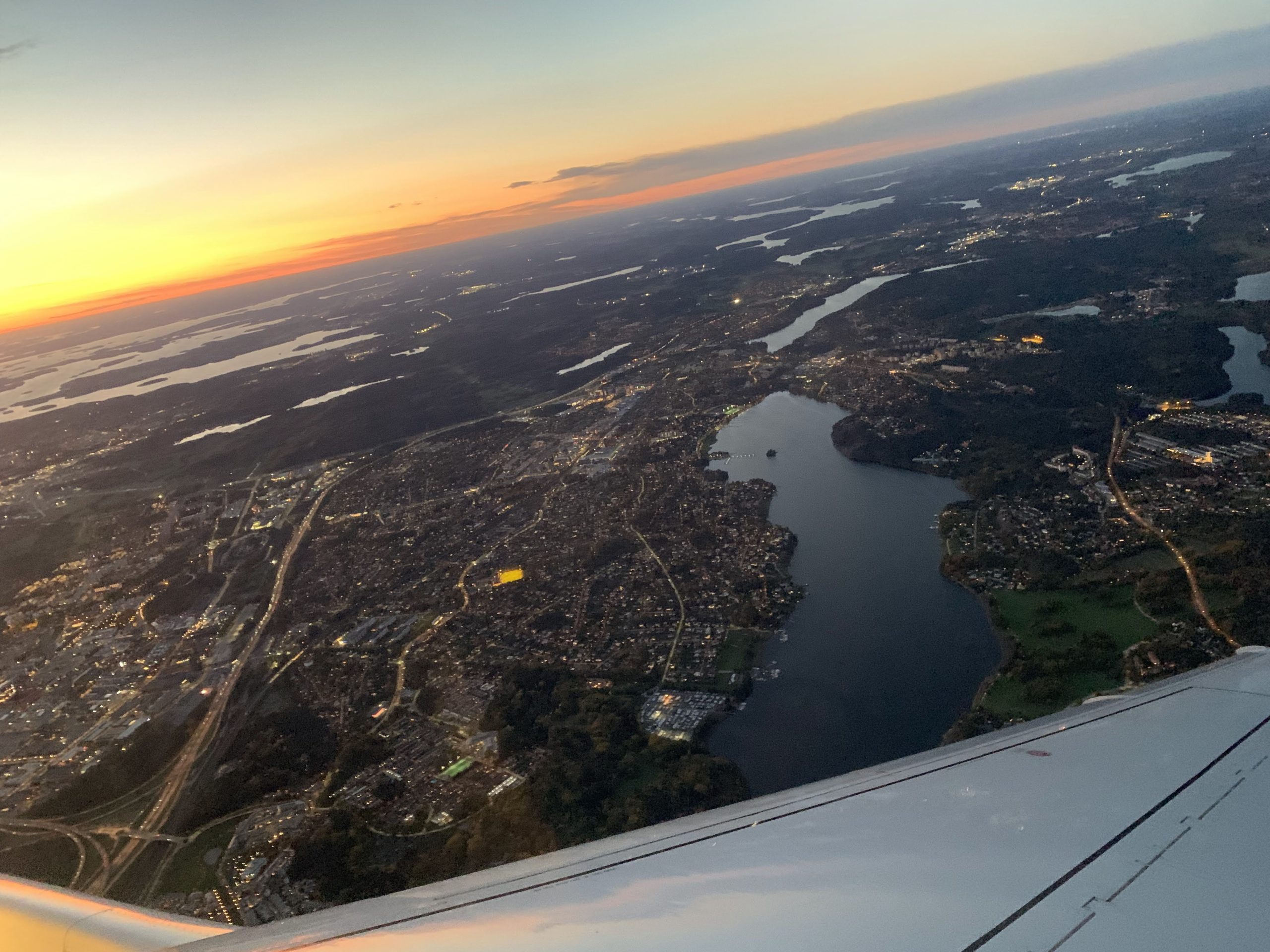
Reflections on James C. Scott
In a world where the struggles of Indigenous Peoples for their land, territories, and resources persist, the works of James C. Scott, a distinguished political scientist and anthropologist, make for an interesting read. While his research isn’t exclusive to Indigenous issues, his concepts and ideas shed light on the challenges these communities face in defending…
-
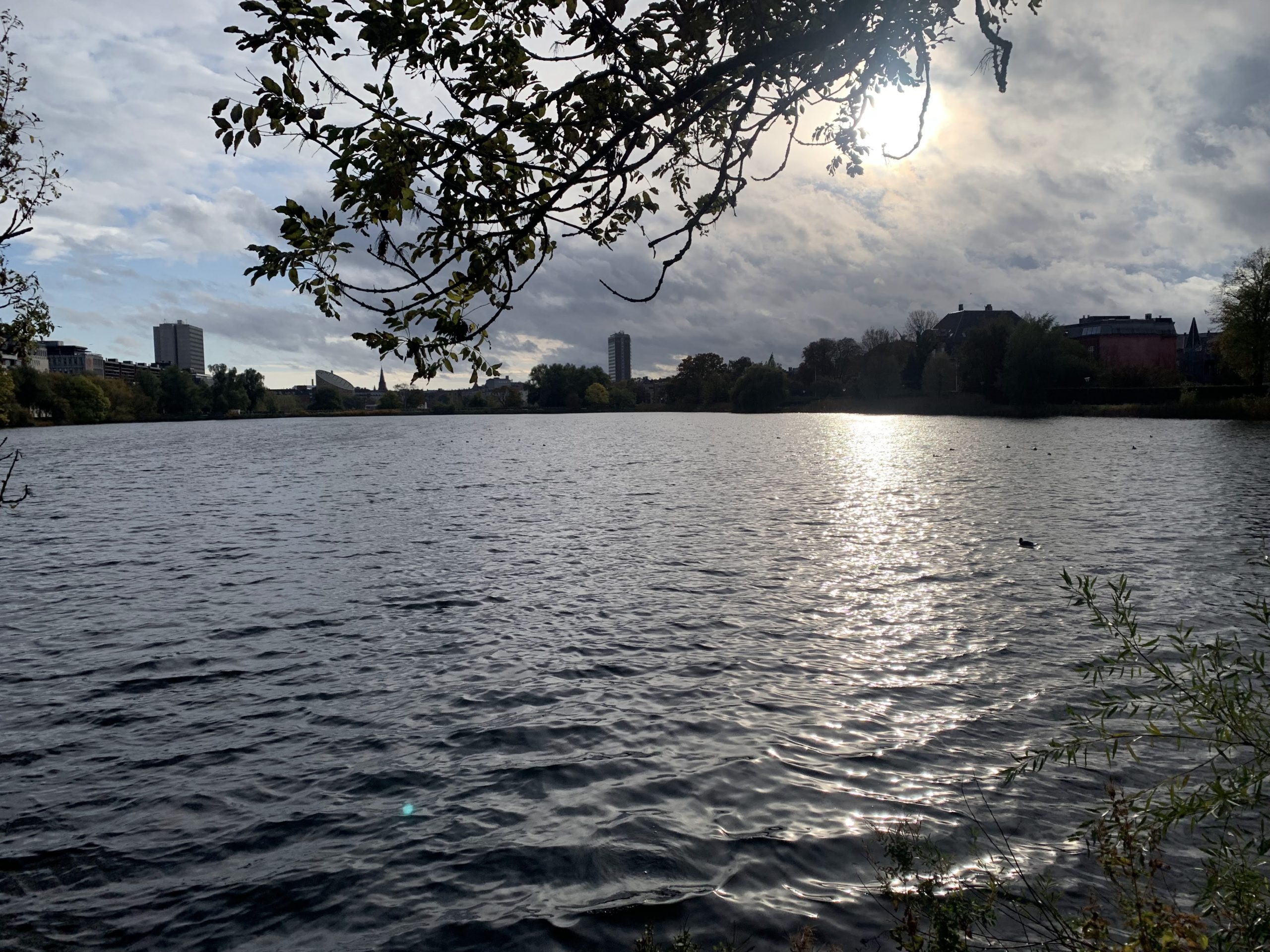
How Citizen-Generated Data Can Empower Indigenous Peoples: My Experience at the UNSD Expert Group Meeting
Last month, I had the opportunity to participate in a fascinating meeting organized by the United Nations Statistics Division (UNSD) in Copenhagen. The meeting brought together experts from different fields and sectors to discuss how citizens can contribute to data production and use for public policy and SDG monitoring. This topic is very close to…
-
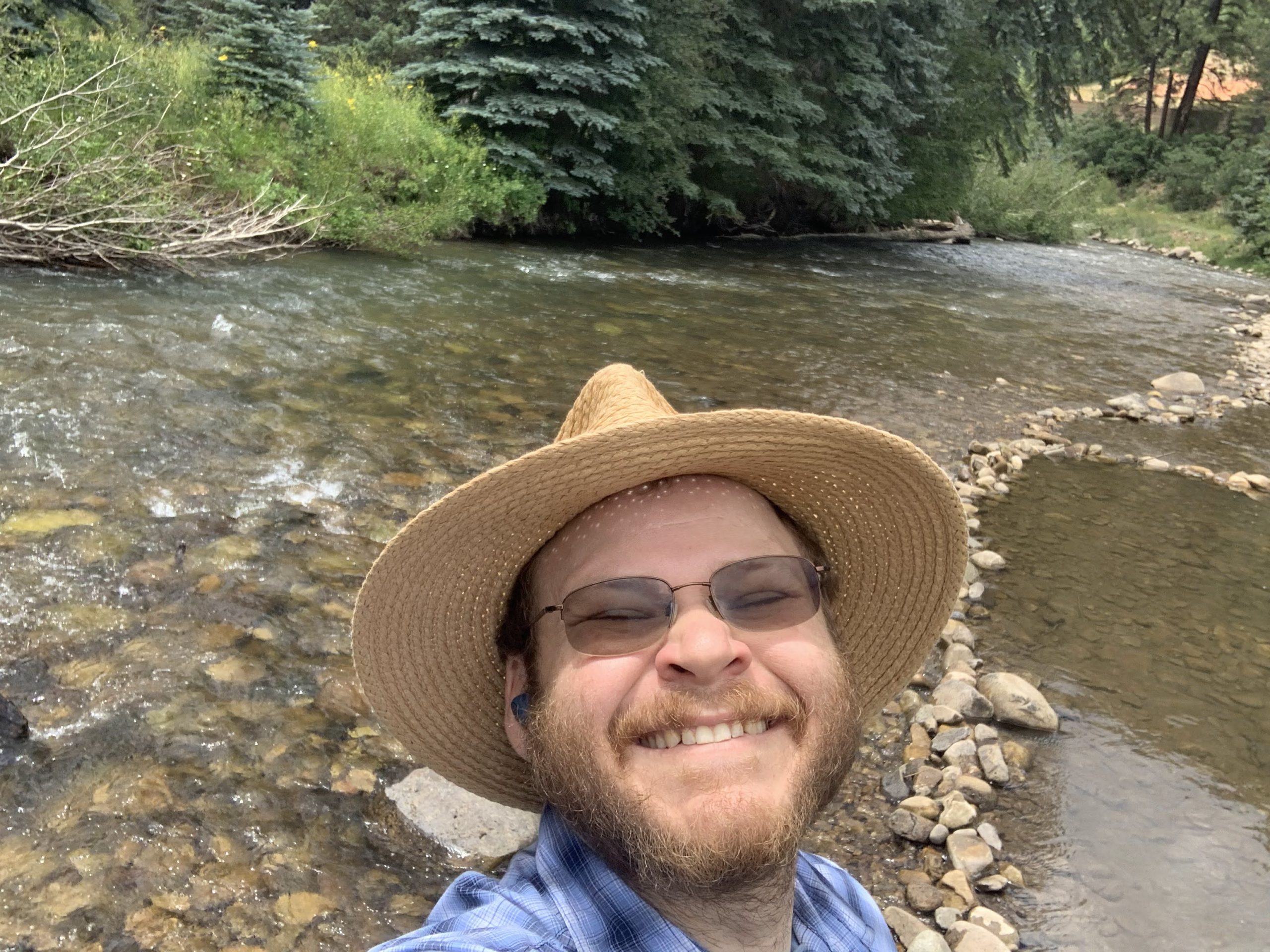
The west fork
The West fork of the Dolores River in southwestern Colorado, is a hidden gem waiting to be explored. As a Colorado native and avid traveler, I can’t help but be captivated by the natural wonders this region has to offer. It is a place where I find solace and inspiration, a place where I can…
-

Crossing a boundary – 50 UN Countries
This year, I finally crossed the 50-country mark as a world traveler! 🎉 I have seen so many amazing places, met so many wonderful people, and learned so much about myself and the world. This blog is a space for me to share my thoughts on a topic that is very important to me and…
-
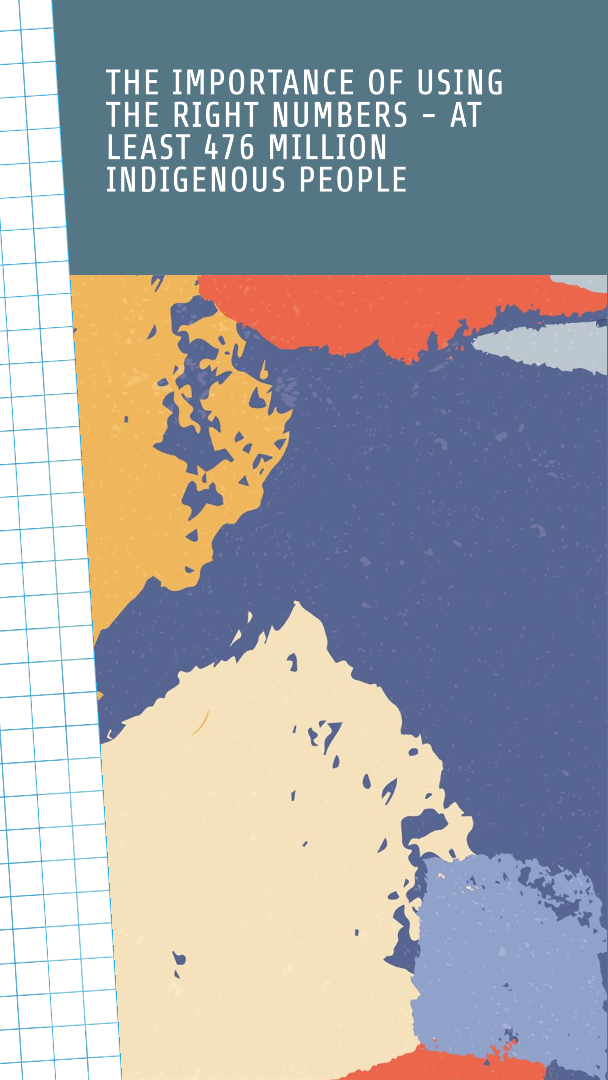
Why is it important that we use the right numbers when discussing the lower-bound population of Indigenous Peoples?
There are at least 476 million Indigenous Peoples worldwide! This is a lower bound estimate determined by the ILO, as many Indigenous Peoples are not officially recognized or counted by their governments. What is a lower bound estimate? A lower bound estimate is an estimate of the minimum value or quantity of something, based on…
-
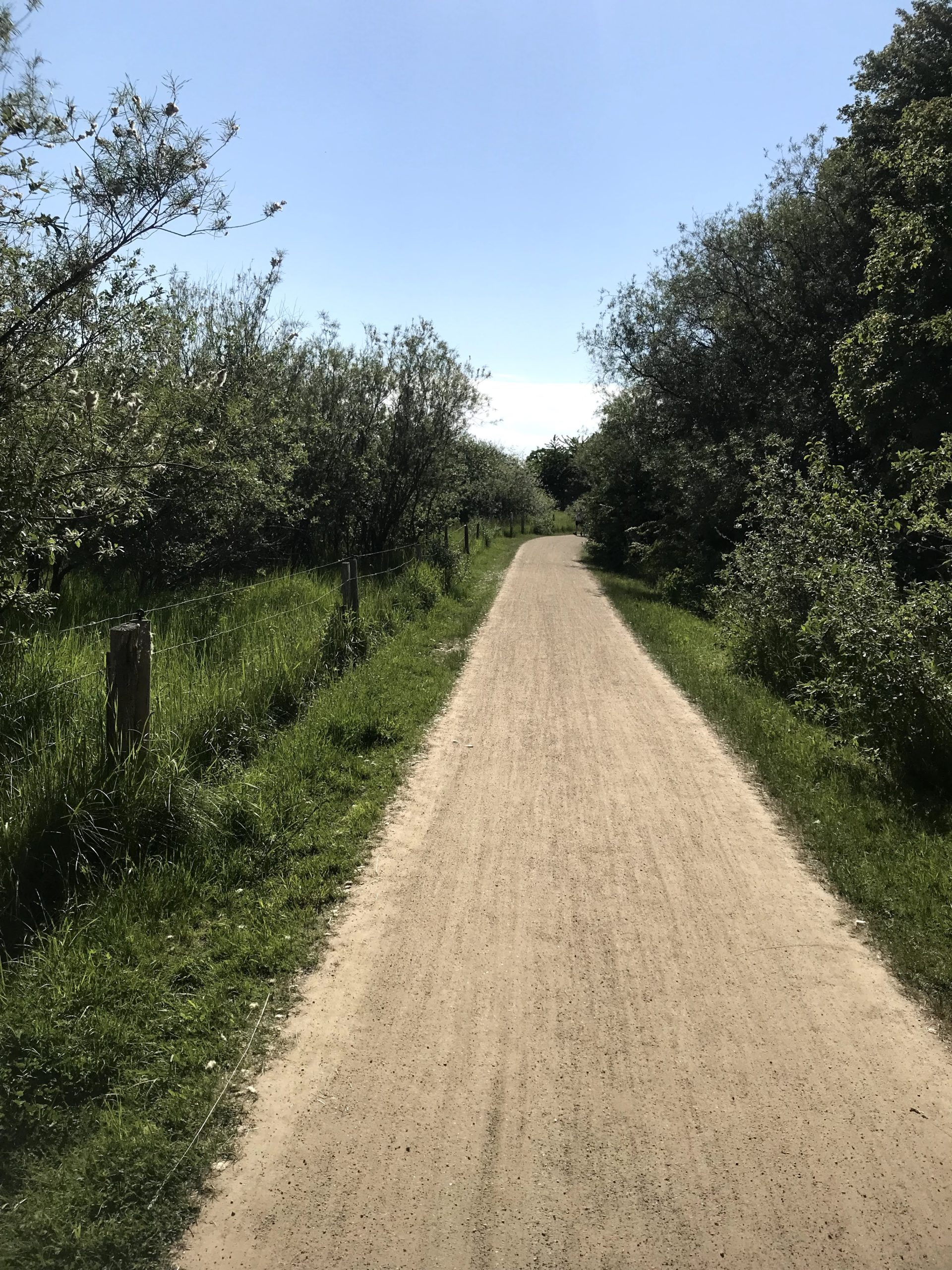
Rights violations and attacks against indigenous peoples in the shadow of the coronavirus pandemic
In the light of the COVID-19 Pandemic, Indigenous Peoples have demonstrated remarkable resilience and innovation. They have drawn on their traditional knowledge, practices and institutions to prevent and respond to the virus, as well as to support each other and their communities. As I continue to have conversations with partners around the world, they share…
-
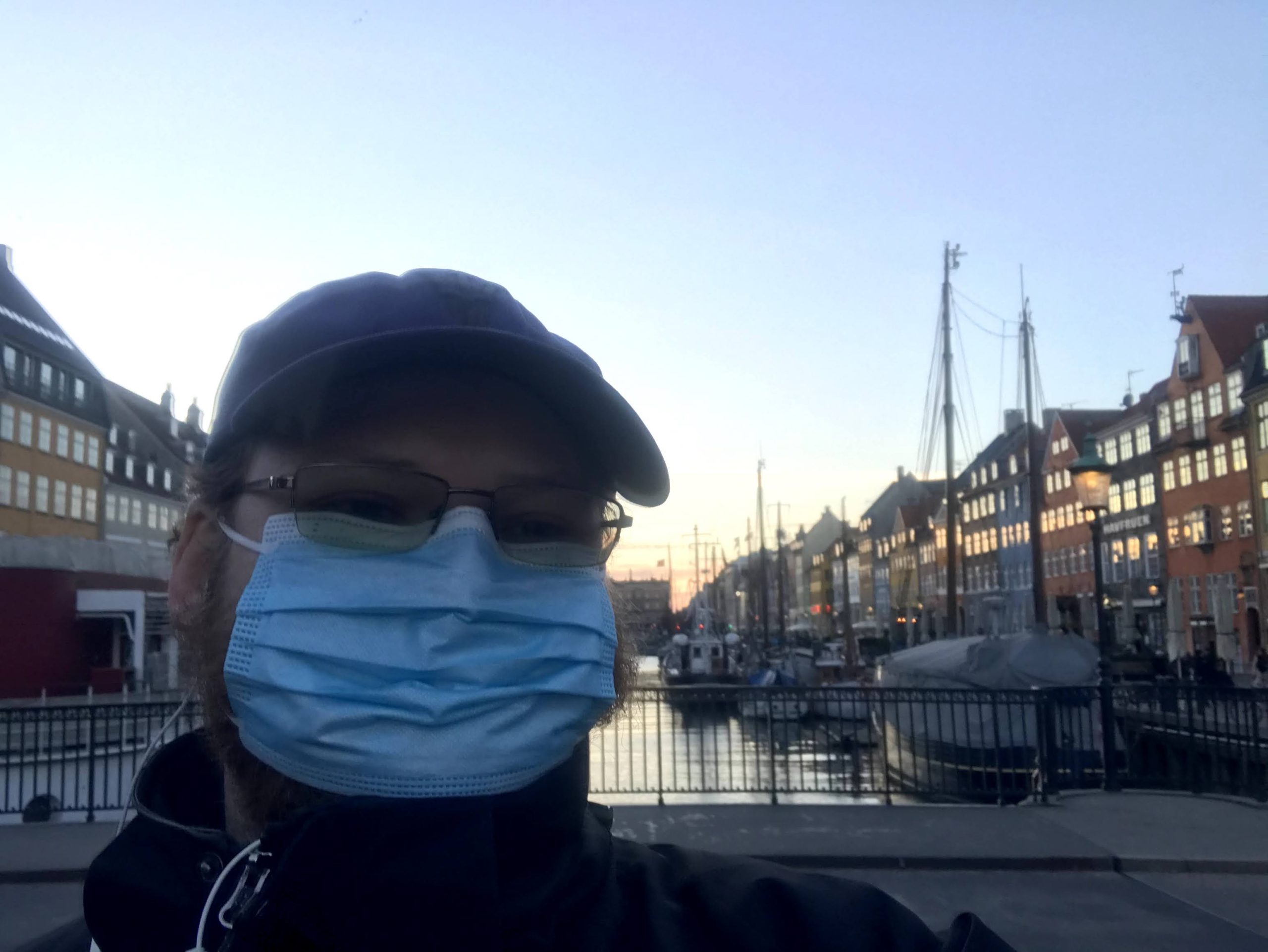
Reflections on 2020.
Looking back at 2020, as we remain in the throes of this global pandemic, I have been fortunate to have time to reflect on the pandemic’s impacts on Indigenous Peoples. This pandemic has been a global crisis, as we watch the latest data from around the world it is clear that it has affected millions…
-
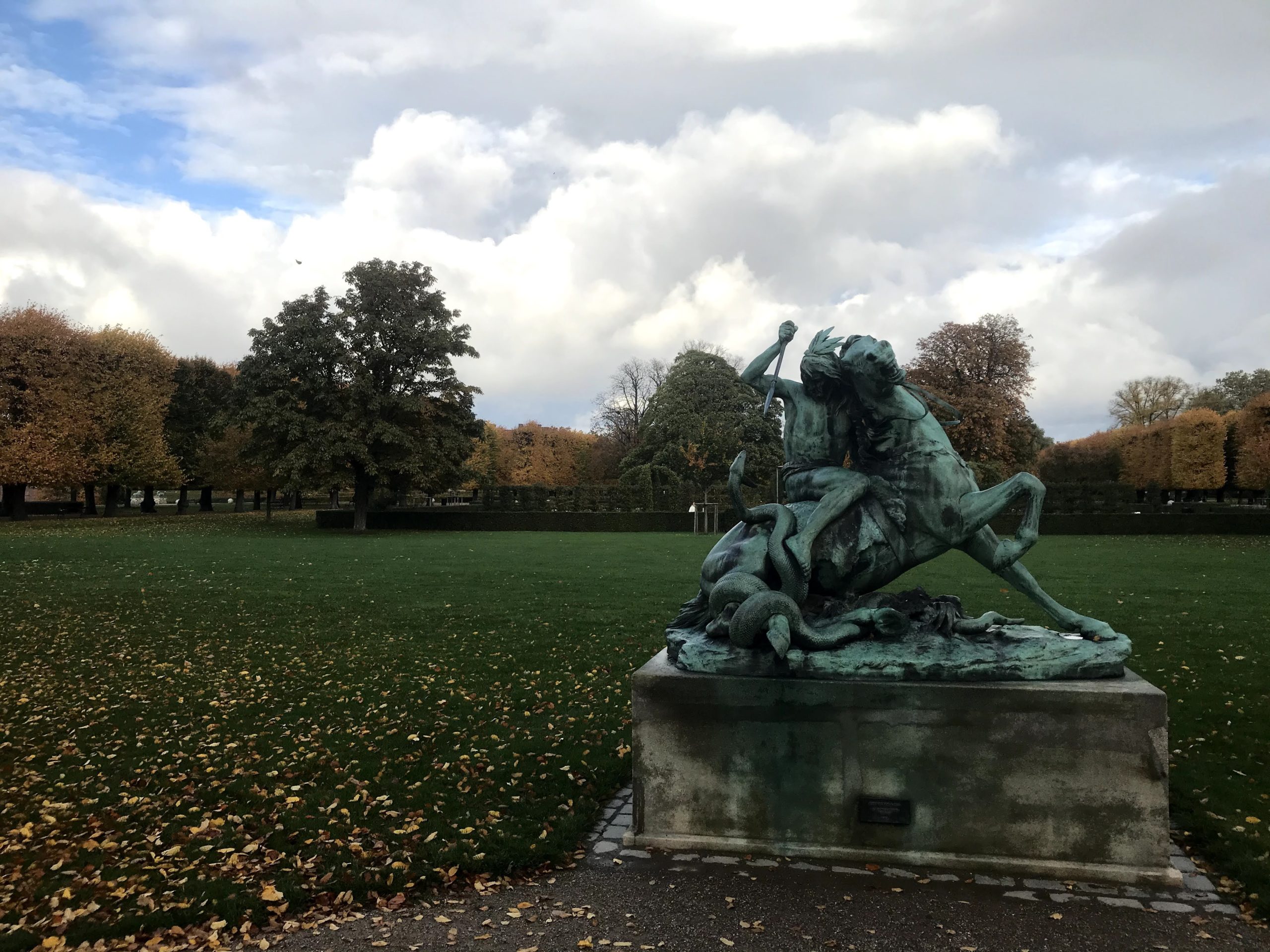
Indigenous Navigator: A tool for empowering indigenous peoples and advancing their rights – even in times of COVID-19
We have just issued a new report, where I have had the opportunity to work together with an excellent team at the International Labour Organisation. The report, available at https://indigenousnavigator.org/publication/the-impact-of-covid-19-on-indigenous-communities examines how COVID-19 is affecting Indigenous Peoples in 11 countries covered by the Indigenous Navigator’s assessments. The new report is based on data and stories…
-
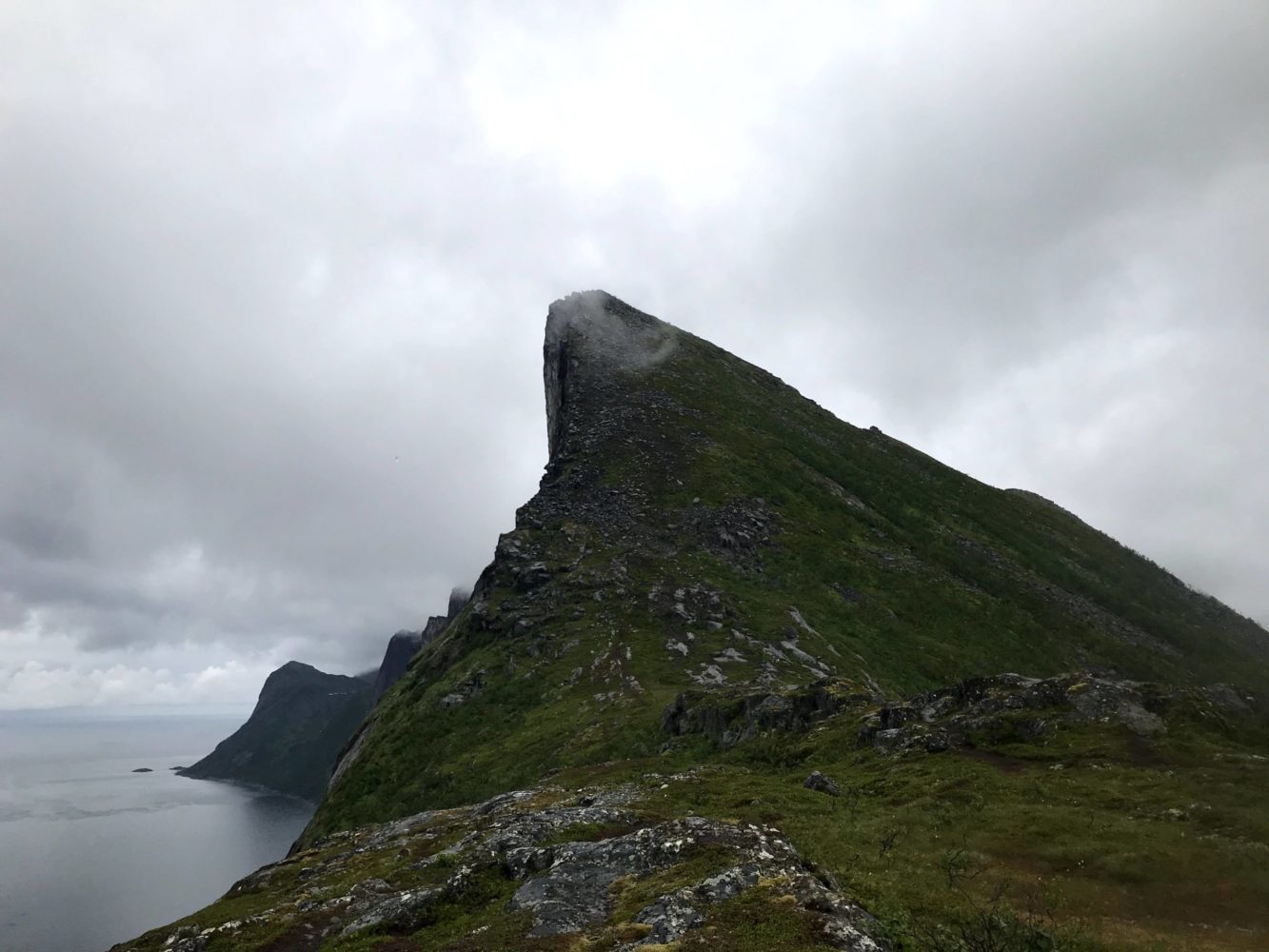
The Census, Data and realisation of fundamental rights
As a society, and as duty bearers who are acting to provide services and ensure implementation of rights for people around the globe, one of the biggest issues that we face is the flawed, poor quality & quantity of data which in turn leads to incomplete statistics. We quite simply have inadequate and insufficient disaggregated…
-
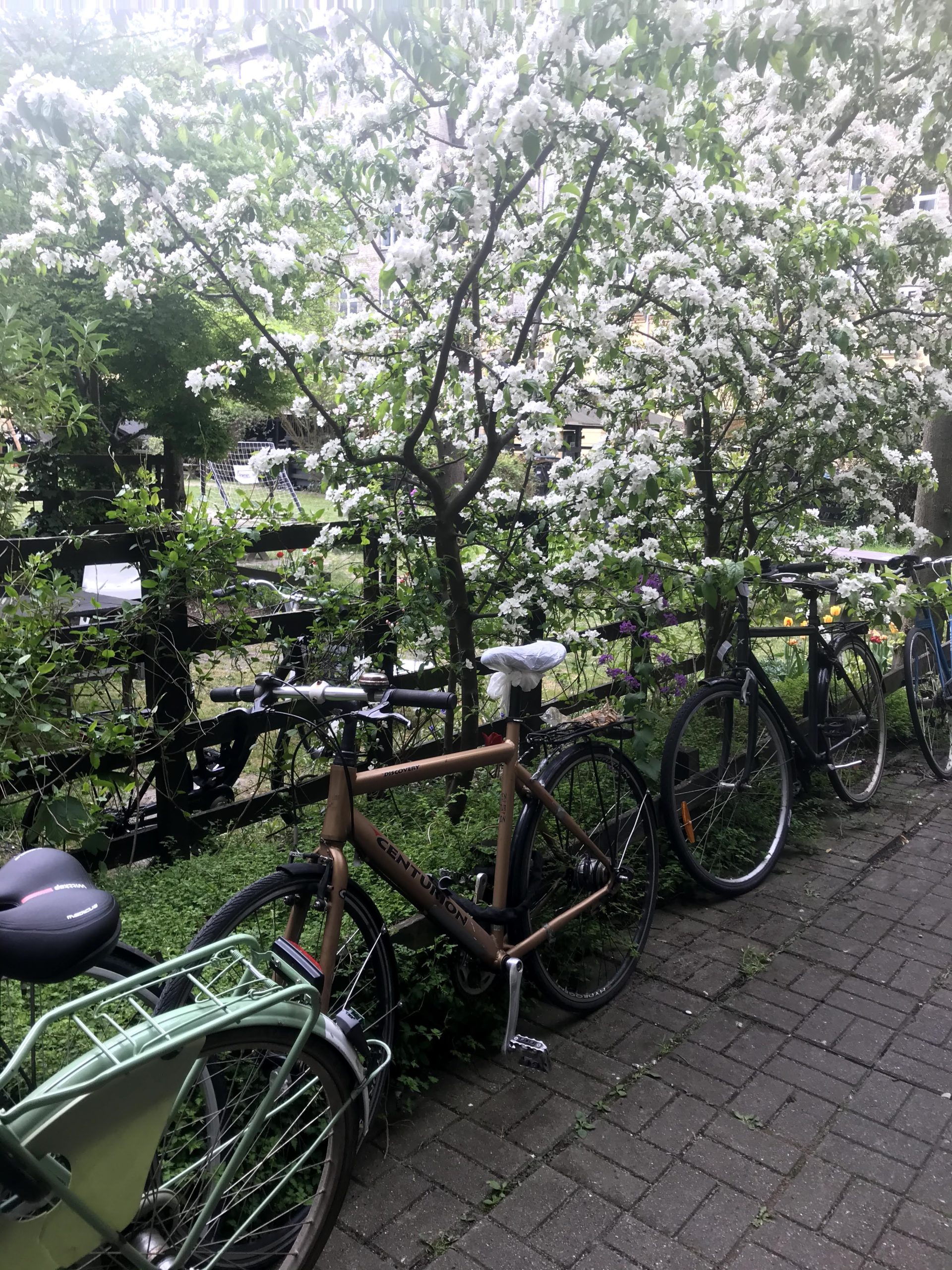
COVID Springtime
It’s a strange time to be alive. The world is in the grip of a pandemic that has changed everything. Government lockdown, restrictions on gatherings, and remote working. People are staying at home, avoiding crowds, wearing masks as they should. The streets are empty, non-essential shops are closed. The news is full of grim statistics…